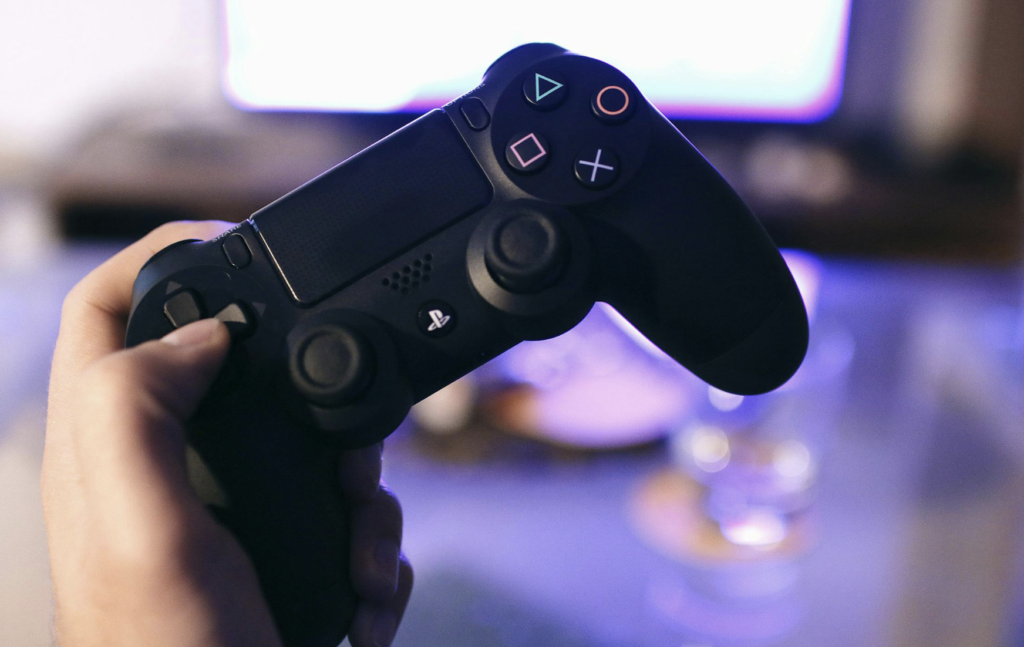We often need to set downtime limits for our kids, to ensure they’re not staring at screens all day long, but how often do we apply that same energy to ourselves? Adults can be just as guilty of screentime overload as anyone under the age of 18 – in fact, even more so!
And when you’re a gamer and love gaming as a hobby, you’re more likely than anyone else to spend 8+ hours every single day sitting at a PC or with a gamepad in your hands. This isn’t the healthiest way to use your time, even if you’re having fun.
It can have an impact on your relationships, your own physical and mental health, and it can make you feel like you’re always running out of time to get things done. The latter is not a great mindset to go about life with, and the former issues can be incredibly frustrating and exhausting to deal with.
So, while gaming is a fun thing to do, it’s not something you should also be losing time to. But if that’s the exact scenario you find yourself in, take a look through the tips below and see if they can help you break the cycle.
Keep a Gaming Diary
This is a good first step in breaking the gaming habit. If you keep a diary of when you log on, when you take breaks, and when you finally log off for the day, you’ll be able to see just how much time is going toward playing video games.
The results may surprise you, in both a good way and a bad way. After all, you may find that you’re not spending anywhere near as much time as you thought on video games! It just feels like you are, whether that’s because you’ve been gaming more often lately, or someone close to you has complained and made you feel like you’re doing too much of it.
But you may also discover that you’re spending much more time on games than you ever thought was possible. If this is the case, take it as the sign it’s meant to be: you may need to change your gaming habits for the better.
Play More Games That Have Distinct Rounds
This can get you into the habit of calling a gaming sesh after a reasonable amount of time has passed. You don’t need to completely swap out the games you love to play for games that have distinct rounds and/or levels to them, but try to sprinkle a few more into your immediate gaming schedule.
A simple round round-based game like minesweeper would be a good choice, as is a very casual card game like Solitaire, but more interactive and in-depth games like Rocket League or Call of Duty will work here too.
Get yourself into a routine of playing one round and then stepping away from your keyboard, maybe spending 15-20 minutes doing something else, and only then coming back for another round. If this becomes second nature to you, and you don’t need the game itself to tell you that the round is over or the level is complete, you’re going to end up with many more free hours in your day.
Cut Back One Hour at a Time
If you use the gaming diary idea we mentioned above, and your daily gaming total leaves you shocked, cut down by one hour tomorrow.
If the gaming diary says you’ve spent 12 hours gaming each day in the last week, don’t let yourself go above 11 hours in the next 24. When you get used to that, cut it back by another hour, down to 10, and so on.
Do this by setting a hard limit on when you’re going to unplug, whether you’re playing solo or with a group of friends. Take note of what time it is when you first boot up your game, set an alarm for 11 hours later, and pay attention to that alarm when it goes off.
And if you manage to log off before the alarm even comes on, you may be more ready to cut back on gaming than you first thought!
Changing Your Gaming Habits
Gaming is a fun hobby; it’s some of the most fun you can have without even leaving the house. But don’t let it consume your waking hours. If you’re losing time to video games, use the tips above to take control back for yourself.






